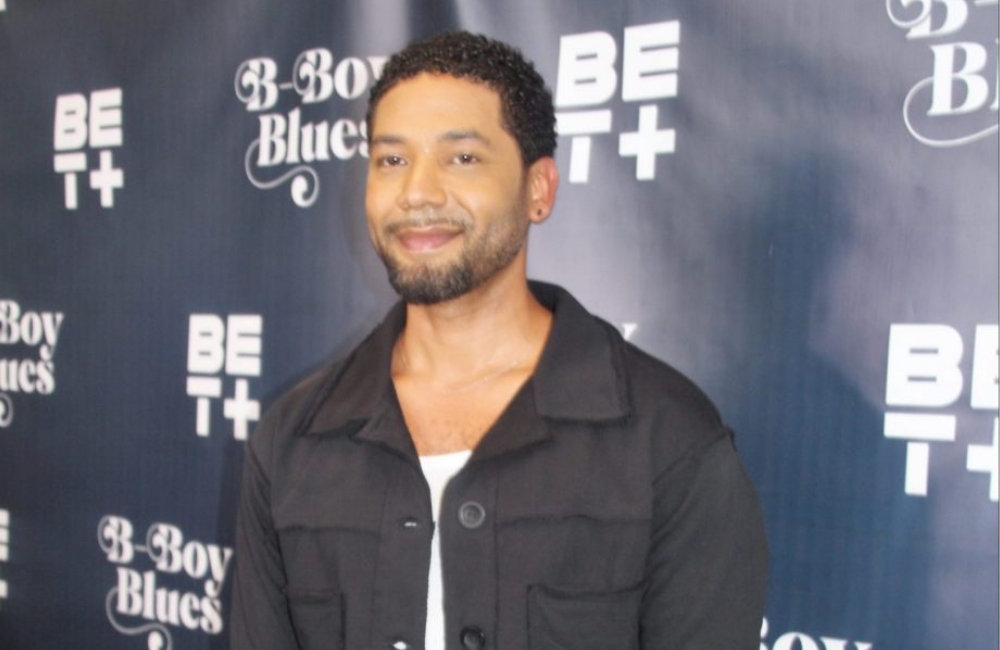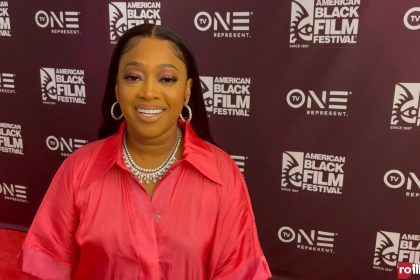The landscape of one of Chicago‘s most contentious legal battles has shifted dramatically with the Illinois Supreme Court’s decision to overturn Jussie Smollett‘s conviction. This unexpected ruling has reignited discussions about privilege, accountability and justice in America’s legal system, particularly resonating with communities who have long observed the complexities of high-profile cases involving public figures.
Unpacking the journey to here
The saga began in January 2019 on the frost-bitten streets of Chicago, where Smollett — then a rising television star — reported being the victim of a hate crime. What unfolded next captured national attention, as investigations revealed an elaborate orchestration allegedly involving Abimbola and Olabinjo Osundairo. The brothers — initially cast as assailants — later emerged as key witnesses, testifying that they were paid to stage the incident.
The subsequent legal proceedings culminated in Smollett receiving a 150-day prison sentence, a ruling that seemed to close a chapter on a case that had divided public opinion. However, the Illinois Supreme Court’s recent decision to prevent Smollett’s retrial for the same offense has effectively nullified his previous conviction, despite his completion of the initial plea deal terms.
When justice meets influence
The court’s ruling has sparked intense debate about the role of celebrity status in legal outcomes. The Osundairo brothers’ appearance on national television to address the decision highlights the continuing ripple effects of a case that has challenged perceptions of truth, privilege and accountability. Their perspective provides a stark contrast to the legal victory, emphasizing the complex human elements often overshadowed by legal technicalities.
Beyond the headlines
This case reverberates far beyond its immediate participants, touching on sensitive nerves within communities that have historically navigated complicated relationships with the justice system. The decision raises pressing questions about how society handles cases involving hate crimes, false reporting and the intersection of fame with justice.
For many observers who have followed similar cases through the years, the Smollett ruling represents more than a single legal decision. It exemplifies broader patterns in how high-profile cases can evolve and transform, sometimes yielding unexpected outcomes that challenge public understanding of justice.
The path forward
As this latest chapter unfolds, the implications extend into various spheres of public discourse. The case has become a touchstone for discussions about accountability, privilege and the complex dynamics of race and celebrity in America’s legal system. These conversations are particularly relevant for communities that have long examined how justice is administered across different social and economic strata.
The reverberations of this decision will likely influence future discussions about hate crime legislation, false reporting consequences and the role of public influence in legal proceedings. As society continues to grapple with these issues, the Smollett case serves as a compelling reminder of the intricate relationship between justice, influence and public perception in modern America.
While the legal chapter may be closing, the broader societal implications and discussions sparked by this case continue to evolve, challenging our understanding of justice and accountability in an era where the lines between celebrity, influence and legal outcomes grow increasingly complex.
















